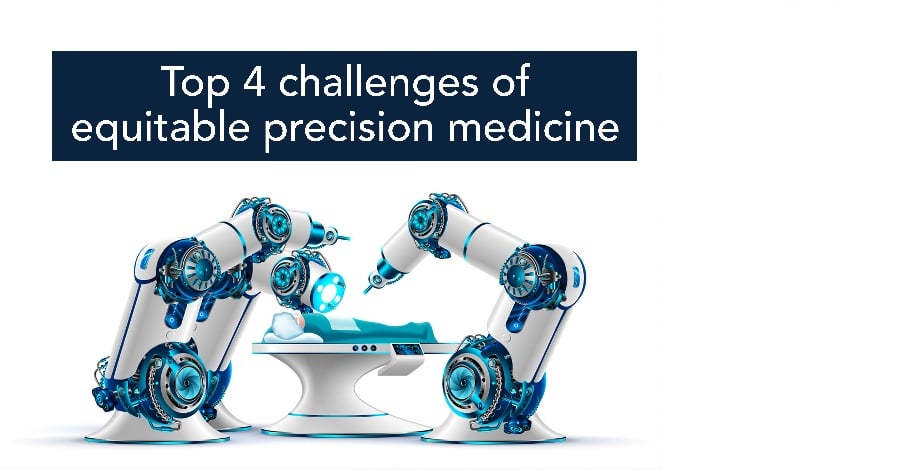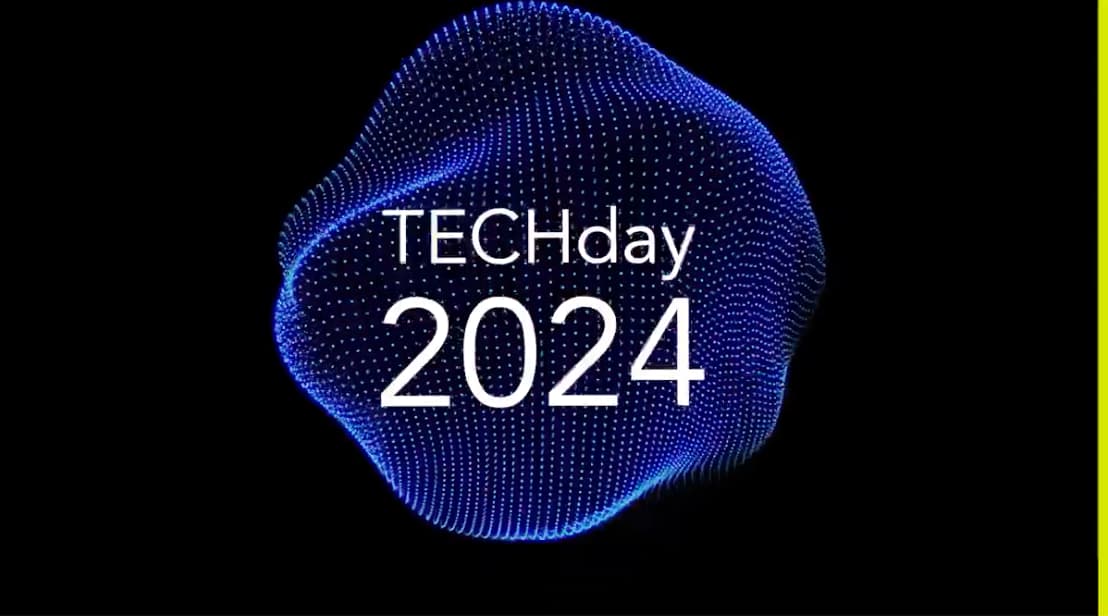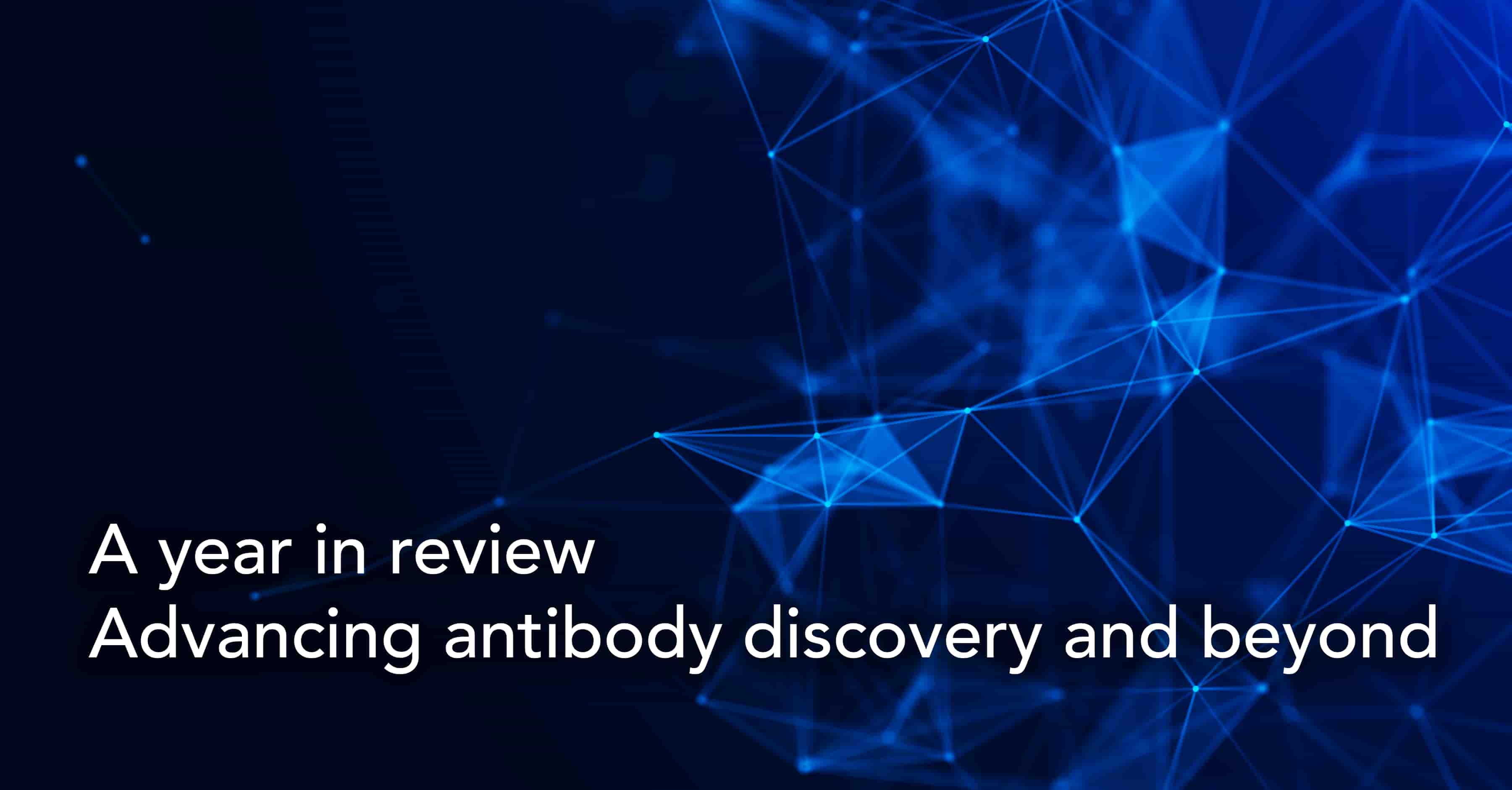Top 4 challenges of equitable precision medicine

Audio version
In our previous articles on precision medicine, we reviewed how advances in precision medicine still remain ‘limited but highly promising’ and concentrated primarily on genomic medicine and oncology. Even within this limited context, the approach to precision medicine can be broadly classified as reactive rather than predictive or preventive approach.
We then took a closer look at genomic medicine, a critical subset of precision medicine, and the potential of AI technologies in addressing the grand challenge of harnessing and making sense of genomic big data.
Despite the ‘limited but promising’ development of precision medicine, the potential value of this transformative approach to healthcare seems to have universal resonance. Over the past decade, many countries have launched precision medicine programs with different data acquisition and participant enrollment policies to generate demographic and genetic information from thousands of citizens. Besides national programs, several international precision medicine initiatives have also been established to address potential gaps and create global developmental synergies. With the world poised for the potential future of precision medicine, now may be the appropriate time to take a step back and take a systems view of some of the challenges involved.
Key challenges in the advancement of precision medicine
The transition from a traditional one-size-fits-all approach to healthcare to precision medicine comes with a lot of challenges. There are massive volumes of heterogeneous and granular data, comprising genetic, medical history, lifestyle and environmental information, and the data science and computational challenges they represent. However, the successful integration of precision medicine into the global healthcare system also presents several conceptual, developmental, social and ethical challenges.
Patient stratification challenges
Stratifying patients into discrete clusters for diagnosis and treatment is a key non-trivial phase and one of the long-standing challenges of precision medicine. A 2017 review identified three common types of uncertainty — missingness, continuity, and multiplicity — that arise when dividing patients into discrete subgroups. Over and above this, the review noted that different statistical methods to group patients did not always return the same discrete groups.
A more recent scoping review acknowledged that patient stratification had evolved significantly from being derived from a limited number of diagnostic determinants to complex multimodal profiling based on a combination of biological, clinical, environmental and real-world data. However, there were still notable gaps and a lack of uniformity in data quality, sample size calculation, integration of multiple retrospective cohorts and the requirements for the collection of associated clinical data. Addressing these gaps by developing comprehensive and specific guidelines that standardise and streamline this foundational process remains a primary challenge in precision medicine.
Investments, infrastructure and implementation challenges
Despite the successful launch of multiple national and international programs, the global development of precision medicine is still woefully lopsided, especially in terms of access to research, technologies, treatments and skill sets. There is no universal model for integrating precision medicine into an existing healthcare system. Development models will require investments in multiple areas, including workforce, infrastructure, technology and strategic planning, that are tailored to the priorities, resources, patient populations, economic situation and political realities of each region.
Currently, there are also several incentive gaps for different technology and service providers in the healthcare value chain that pose challenges to the development of a global precision medicine innovation ecosystem. The focus, therefore, has to be on defining the appropriate policy instruments, financing approaches, collaboration models and economic development strategies that allow every country to prepare its healthcare systems for integration with global precision medicine approaches and innovations.
Regulatory and governance challenges
Precision medicine is vulnerable to the "pacing problem" where technological innovations quickly outpace laws and regulations. A report from the World Economic Forum on the regulatory challenges involved in precision medicine identified several issues along different stages of the pipeline.
In the data acquisition and storage stage, there is the need for governance tools that ensure that different groups retain ownership of their genetic information, while still benefiting from innovation. There have to be clearly defined regulatory frameworks to manage information access for research while safeguarding human rights and personal privacy. There is also the need to develop innovative healthcare models that broaden access to expensive and life-saving treatments for all.
The challenge for governments, policymakers and regulatory bodies, therefore, is to balance innovation with robust safety standards in order to prevent unnecessary risk and maximise the social value of precision medicine.
Ethical challenges
There has been much theoretical discourse over the ethical issues associated with precision medicine. But a review of patients’ and professionals' perspectives revealed that positive attitudes and high expectations were tempered with quite a few concerns about ethical issues. These included changing doctor-patient relationships with the primary focus on data, the lack of health and genetic literacy among patients that undermines informed consent, discrimination in access to precision medicine based on status, ethnicity and race, misuse of data by insurance companies and employers, and possible discrimination and stigmatization by insurance companies and employers based on genetic information.
There are several recommendations that have emerged from the analysis of these perspectives. Primary among them is respect for the autonomy of the individual, which in the context of precision medicine requires comprehensible education and support. The next recommendation, derived from the ethical principle of justice, requires unlimited access to precision medicine for all patients with unmet medical needs irrespective of financial status, ethnicity or race. And finally, the ethical principle of nonmaleficence emphasizes the need to limit data collections to only what is absolutely necessary, prioritising data security and providing a clear definition of physician-patient relationships in a data-driven healthcare system.
Towards equitable precision medicine
The promise of precision medicine comes with its own unique set of challenges, related to data storage and tracking, regulatory efficiency and complex supply chains, that can hamper the equitable delivery of precision medicine. The successful implementation of multiple national and international programs for the advancement of precision medicine represents a valuable and collaborative first step toward the successful development of this practice.
Even though technological and data science innovations will play a central role in the successful realisation of the potential of precision medicine, there are several other social and ethical challenges that have to be addressed in order to ensure equitable access to precision medicine. The COVID-19 crisis not only demonstrated the social value of genetics research but also exposed healthcare resourcing disparities across the globe. Addressing these non-technological challenges early on will be critical to ensuring the equitable distribution of the benefits of precision medicine across diverse populations.
Subscribe to our Blog and get new articles right after publication into your inbox.
Subscribe to our blog:






